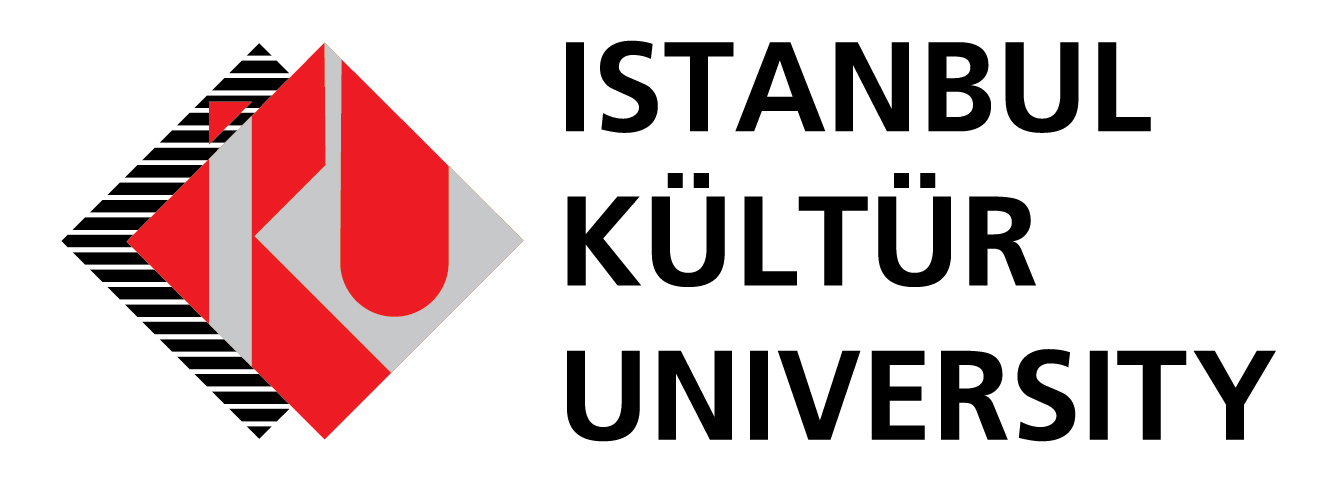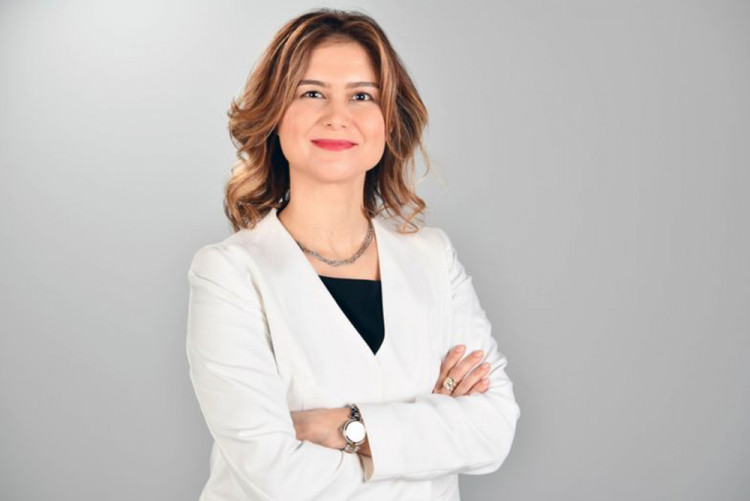Our Head of the Department of International Relations, Prof. Dr. Dr. h.c. Çağla Gül Yesevi, commented on the balances in the Middle East and Türkiye's position in the process to Demirören News Agency (DHA). Prof. Dr. Yesevi said, “The cyberattacks of September 18 were taken seriously by Hezbollah, but it should be noted that many of its members have been wounded and killed since then. The destruction of older technology devices used by Hezbollah to protect its members was interpreted as a cyberattack or an act of terrorism. Scenarios such as cyber infiltration, placing bombs in devices, or remote detonation of devices with software were mentioned. The supply chain of these devices was tried to be understood, but even the responsibility of suppliers and manufacturers could not be fully clarified. Many different countries and companies have been named in the supply chain, but no one has taken responsibility or provided a reasonable explanation.”
“Israel's Image on October 7 Has Changed”
Prof. Dr. Yesevi evaluated the effect of the killing of Hezbollah leader Hassan Nasrallah in an attack by the Israeli Air Force on September 27 on Israel's image of the country with the following words:
“It resulted in a change in the image of the Israeli intelligence and security services, which were accused of failure on October 7, 2023. In this sense, Israel has been successful not only in technological and signalling intelligence but also in human intelligence. In a certain sense, this has resulted in a change in the image of the Israeli intelligence and security services, which were accused of failing on October 7. The unknowns surrounding the cyberattacks in Lebanon have created an atmosphere of fear and uncertainty. The successes of Israel's intelligence and security agencies were reinforced, strengthening the image of Israel as a state.”
“The Last Thing the Lebanese People Wanted Was a New War”
Noting that the assassination was interpreted as a serious intelligence weakness within Hezbollah, our professor summarised the predictions about the future of the Hezbollah structure as follows:
“‘Civilians are being killed in Lebanon right now. Hundreds of Lebanese have been killed in air strikes. Hezbollah is both a political movement and a military force. It was also an organisation that provided services to the population in Lebanon, where political and economic instability had been going on for a long time. However, Hezbollah, which has been hitting Israel with rockets for a long time, is not supported by all sections of the population. Lebanon is a multi-ethnic, multi-religious, and multi-sectarian country. The Lebanese people were struggling with economic problems, and the last thing they wanted was another war. After that, certain segments of the people may continue to support Hezbollah, or a new leader may come. However, it should be noted that it has suffered a very serious blow and has been defeated at this stage.”
Prof. Dr. Çağla Gül Yesevi explained the possible effects of Israeli Prime Minister Netanyahu's statements, in which he described the Lebanon attacks as a condition on the way to the goal, as a payback, on the Middle East as follows: “It seems that the Middle East will become more complicated. The most important issue is the killing of civilians. According to Lebanese Prime Minister Najib Mikati, 1 million Lebanese have been displaced. One hundred thousand Lebanese were forced to flee to Syria in one week. Half of the population is experiencing food shortages. Lebanese have fled their homes, taking refuge in schools and on beaches. Israeli government officials say that Israelis will return to their homes in the north of the country, which they were forced to evacuate. Israel sees Iran as the main threat. It is in a new war with Lebanon, as it was in 1978, 1982, and 2006. Israeli Defence Minister Yoav Gallant stated that ‘the next phase in the war against Hezbollah will begin soon’. It is stated that Israel will start a land war in Lebanon. Iran attacked Israel with one hundred and eighty ballistic missiles in response to the recent assassinations. Iran stated that the attacks were reasonable, legal, and legitimate.”
“Türkiye Must Play an Active Role in Peaceful Solutions”
Our professor who also touched upon Türkiye’s position in the ongoing Middle Eastern crisis, emphasized the importance of Türkiye’s active working for the settlement of disputes through peaceful means and adhering to the principle of sobriety in foreign policy by these statements: “Türkiye has sent humanitarian aid to Lebanon. President Recep Tayyip Erdoğan has called on the United Nations Security Council and other relevant organizations to take action. He also stated that the Islamic world must take a firmer stance in the face of these attacks. Türkiye has announced that it will continue to stand by the people and government of Lebanon at this stage. The two maps displayed by Netanyahu at the UN General Assembly highlight the division in the Middle East. Netanyahu considers Iran to be the main enemy and speaks of the liberation of Iran. This statement implies that steps will be taken to change the Iranian regime. ‘There is no place in the Middle East that Israel cannot reach,” Netanyahu stated. It is understood that the war will spread in the region. Türkiye’s responsibility is to actively work for the settlement of disputes through peaceful means and to act according to the principles of a sober foreign policy.”


